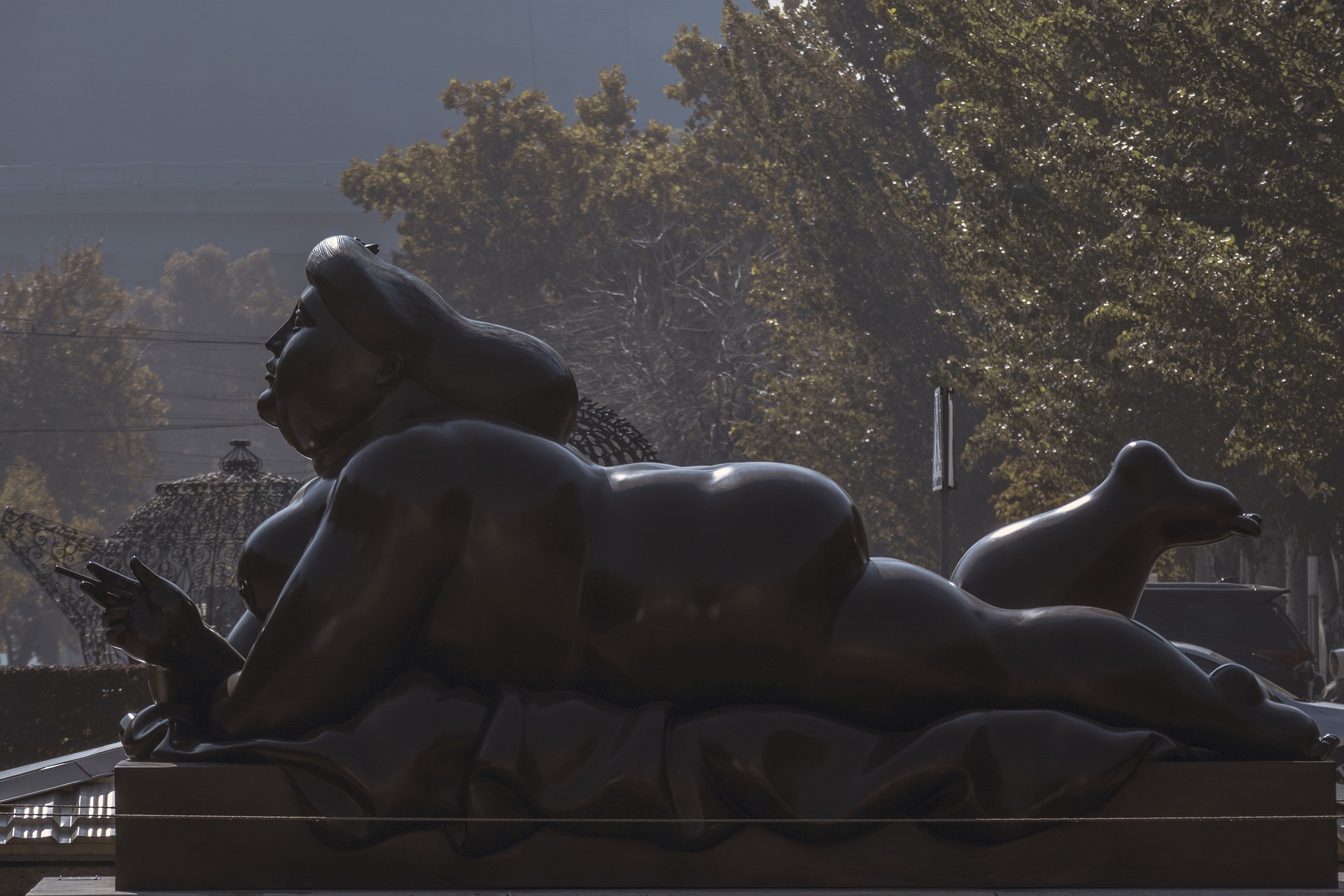Did you know that both insufficient and excess sleep significantly reduce immunity and brain activity, lower quality of life, and lead to extra weight? Hundreds of studies indicate that healthy sleep duration ranges from 6 to 9 hours – an interval that must be respected if one does not wish to fall into the risk group. A new discovery has shown that there is an unexpected symptom that can indirectly indicate unhealthy sleep duration. Knowing this, people can take action in advance.
It is well known that lucid dream (LD) practitioners try to sleep longer, because in the morning the chances of getting into the LD state are higher. A recent study by Michael Raduga confirms that both excess and lack of sleep increases the likelihood of phase states, which, in addition to LD, include out-of-body and near-death experiences, false awakenings, and sleep paralysis. It is interesting, however, that the probability of spontaneous experience of the phase goes directly against the recommended duration of sleep.
The study was conducted on the basis of a survey of 978 people. The results showed that phase states occur less frequently when one sleeps for a normal duration. For men, this is 8 hours a day, whereas for women the norm varies depending on age: for women below the age of 31 this would be 9 hours, while over this age the number drops to 7 hours. When people sleep too much or not enough, the number of phase states increases dramatically – two- or even three-fold. If a person sleeps from 6 to 9 hours every night, such phenomena occur less often.
Thus, if a person suddenly begins to have lucid dreams, without intentionally striving to have them, it may be a symptom of a sleep disorder. It is important to add that these findings have little to contribute to practitioners of the phase as they relate to spontaneous experiences.
How does excess or lack of sleep affect your practice of the phase?
The article was published in the September 2021 issue of the journal Dreaming.




